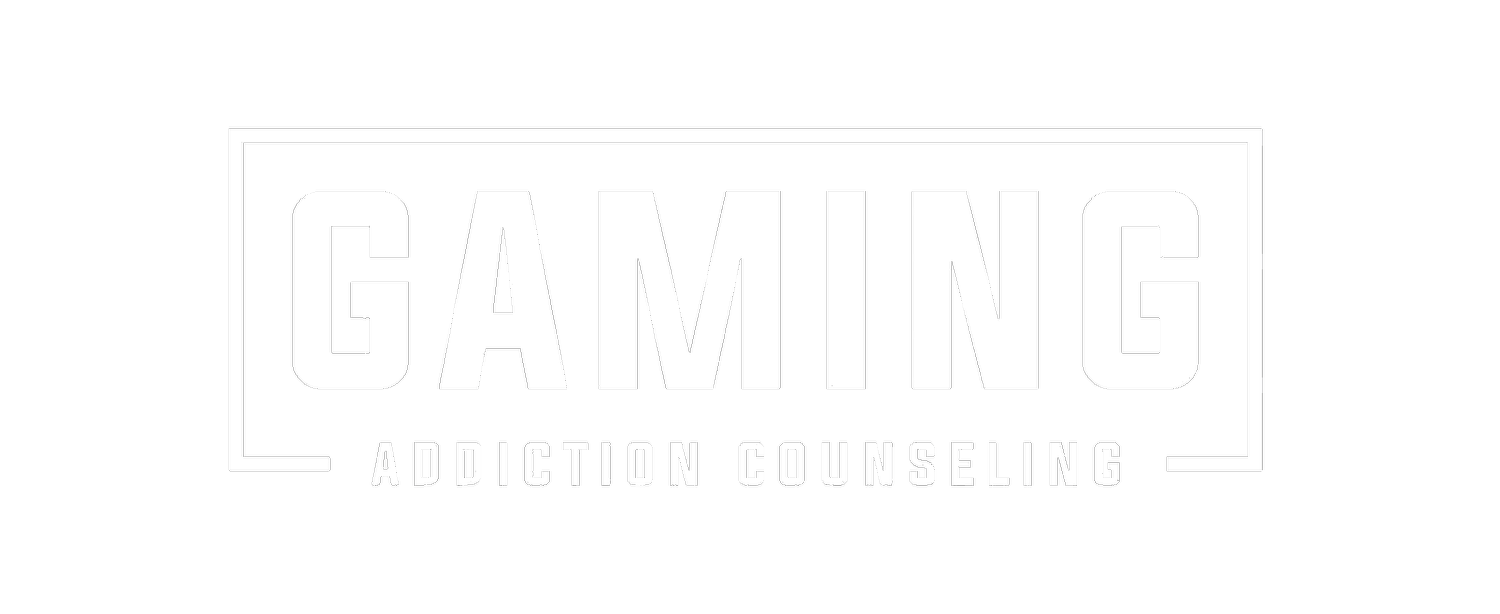5 Tips to Reduce Excessive Gaming
Have you ever felt like gaming has become more of a responsibility than entertainment? Maybe you have wondered why you continue to play even though you feel burnt out. The problem is not the lack of motivation. In fact, you probably have plenty of motivation and ideas. You just may have trouble getting away from the cycle. Here are some ways to get your life back on track.
1. Change The Rules of The Game
How are your days normally structured? There probably is no structure other than work/school, and then everything else is up in the air. Your default action is finding yourself in front of a screen, and it will remain that way unless you change it. Create a weekly schedule. Every hour must have an activity scheduled including breaks. Make this schedule as though it is you at your best, NOT the way it is now. Put work/school and sleep on the schedule first. Then add meal and hygiene times. Then add study time (if it applies) and then schedule everything else you want to do like gaming or watching shows, and fun projects. You have now created purpose and meaning to your time. You may initially feel this is constricting, but you will be surprised to see how productive and satisfied you are.
2. Optimize Your Home Base for Success
Face it. Your bedroom has turned into your gaming war room. You can slide from your bed into your gaming chair without touching the floor. This is the same as someone trying to lose weight only stocking their fridge with ice cream. Making any change would be impossible. If you are serious about changing your behavior, move your gaming station into a common area of the house. Make it challenging to put a controller in your hands. This cannot happen if you can reach over and power up your gaming station first thing in the morning. Instead, make the things you want to do more accessible. If you want to work out more, get your exercising gear out in the open. If you want to become more studious, get your schoolbooks and materials out and ready for use. This gets you in a place that makes it harder to avoid the responsibilities you need (AND WANT) to do.
3. Go from Solo to Co-op
Tell someone the changes you want to make. This may be the hardest step to take. You will no longer be hiding your wins and shortcomings. This person will know your struggles and can call you out. Or worse, they can judge you for it. That’s why you need to tell someone who is really in your corner. Find someone who can build you up, hold out a hand when you are down, and someone who can cut through the BS you tell yourself. Gamers can tell themselves many lies so they can keep playing in the dark. Get that person who is on your team and can speak truth into your life. Your perspective will change, and you won’t be alone anymore.
4. Level-Up Your Basic Skills
Take the time to address the fears you have. For example, time and again, counseling gamers has revealed to me that many of them have social anxiety. Many gamers feel uncomfortable and are overwhelmed when in a social or group situation. As a result, they avoid potential social situations. Does this sound familiar? Regardless of what you tell yourself, your experiences are important, and people care about them. Being able to relate to others puts you into a place to win at the game of life. Don’t let shortcomings define your activities. Just like any RPG, build up some of the skills that will make your life easier so you can do what you really want to do. And be consistent about it.
5. Identify and Despell the Debuffs
Do you have low self-esteem and confidence, but not sure why? Gamers have a difficult time understanding how they feel, also known as alexithymia. Emotions become elusive to the gamer because the very act of playing games inherently suppresses emotions. Dr. K, a psychiatrist specializing in gaming addiction, explains this phenomenon in better detail. Essentially, your rational/cognitive centers in the brain become very sharp after consistent long term playing, while the emotion centers lower in activity. Your low self-esteem and confidence may be due to not dealing with suppressed emotions. It also may be caused by a lack of identity formation. Emotions play a strong role in how a person understands their identity in the world. Suppressing them can leave a person without a guide. Take time to understand who you are, and what emotions may be bubbling under the surface. Creating something, anything can give you a better understanding. Journaling is a great way to make sense of what is going on internally. Whatever is going on, the only way to deal with it is to identify it. Take time to dig internally without judgment. What’s there is there and you can’t change it, but you can understand it.
Some of these things are easier to do than others. Don’t start with the easy stuff. Start with doing whatever will make a foundational change in your behavior. The important part is to work towards something that doesn’t leave you feeling burnt out and going nowhere. You may take steps backward AND THAT’S OKAY. Just don’t quit. If you feel like you need professional help, please contact me. I can help guide you through the process.
Joshua Garth
Associate MFT
License #: 95323
Email: joshgarth4therapy@gmail.com
Phone #: (714) 367-4795


